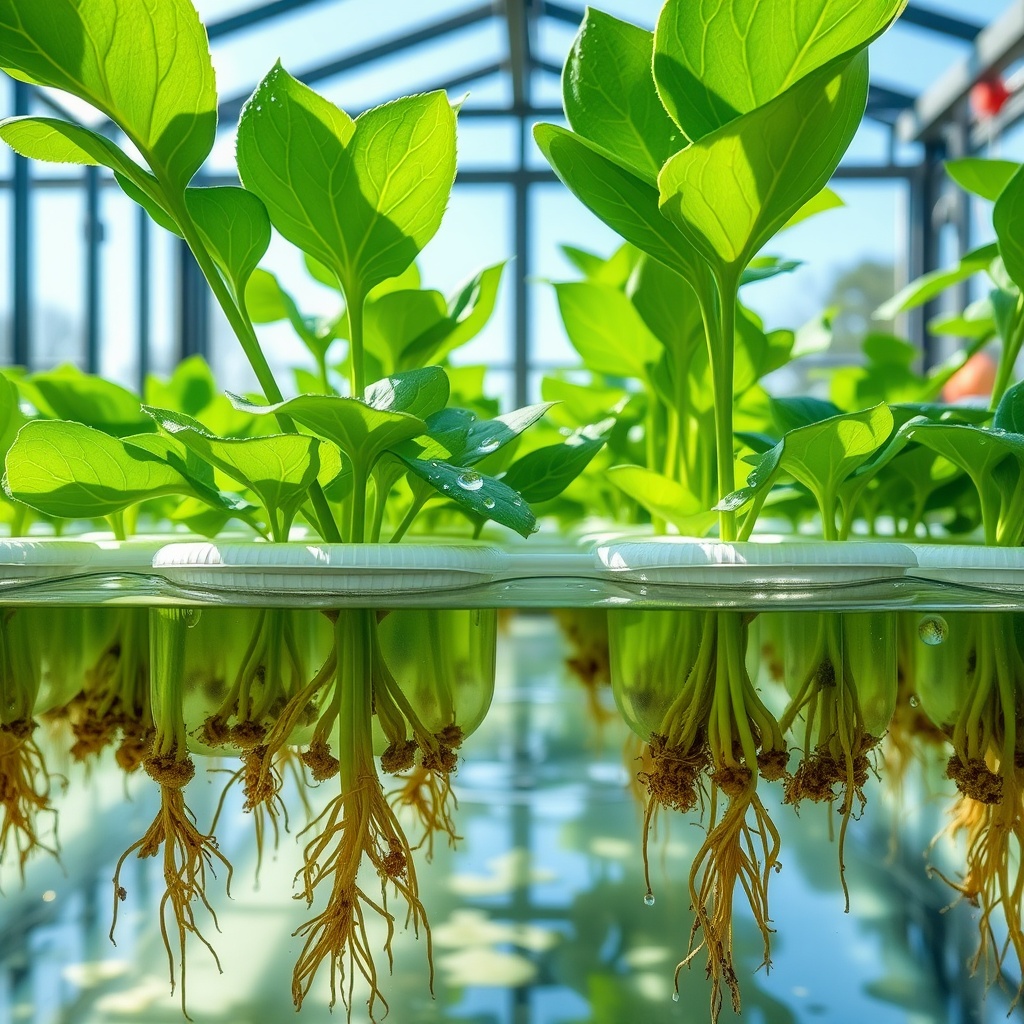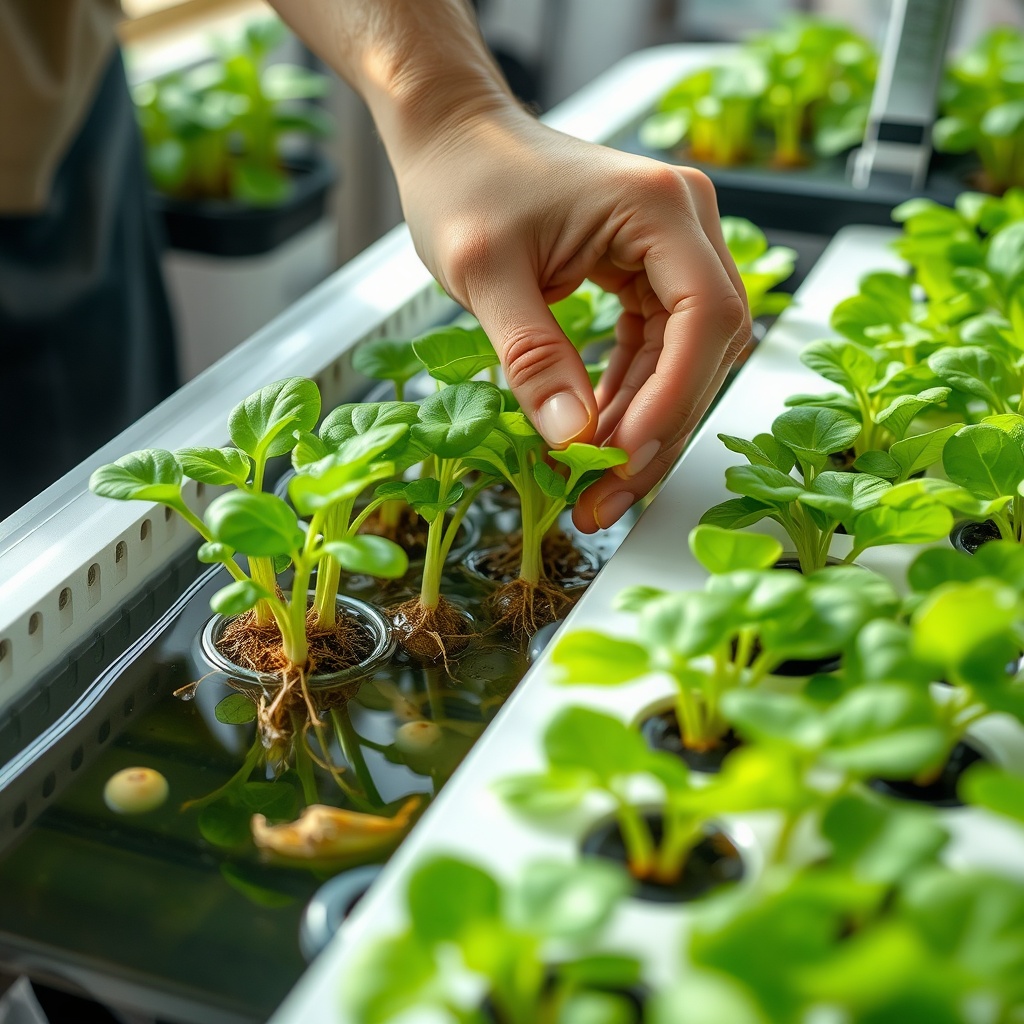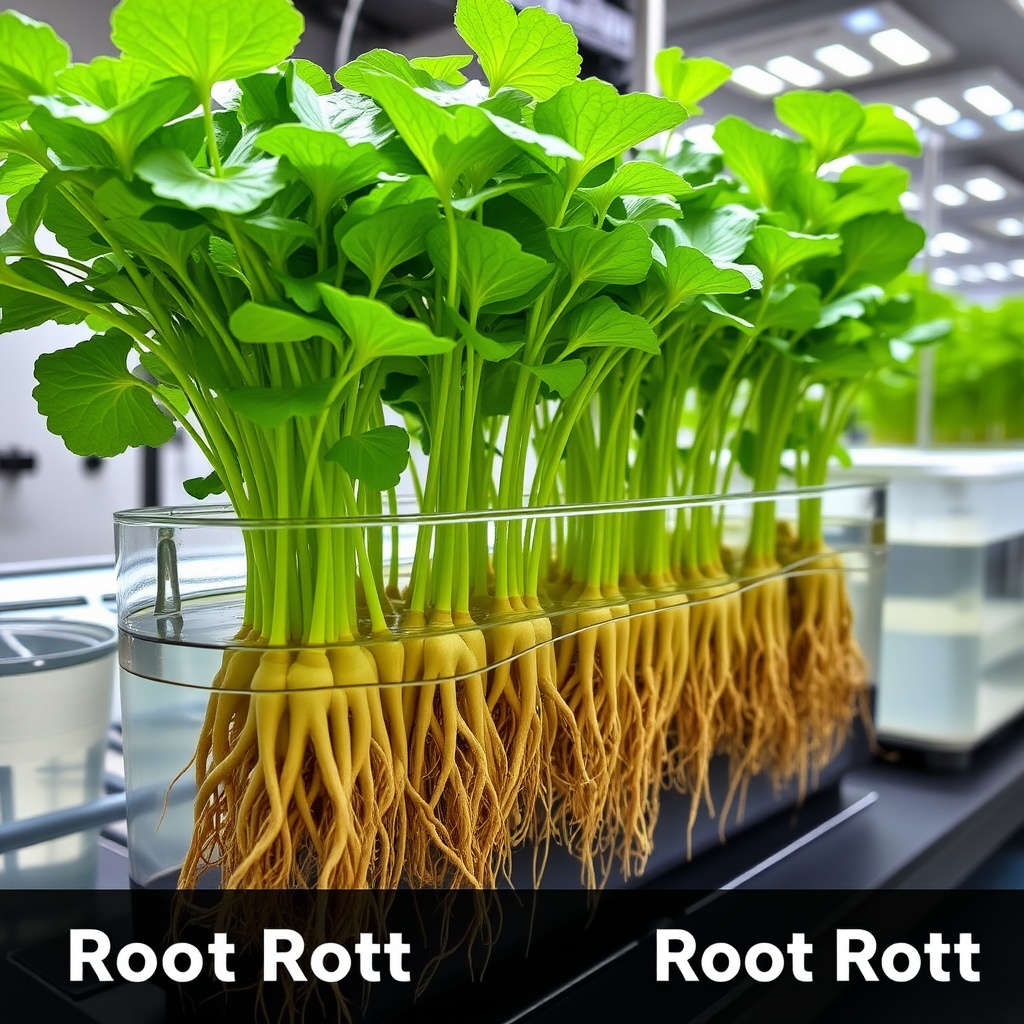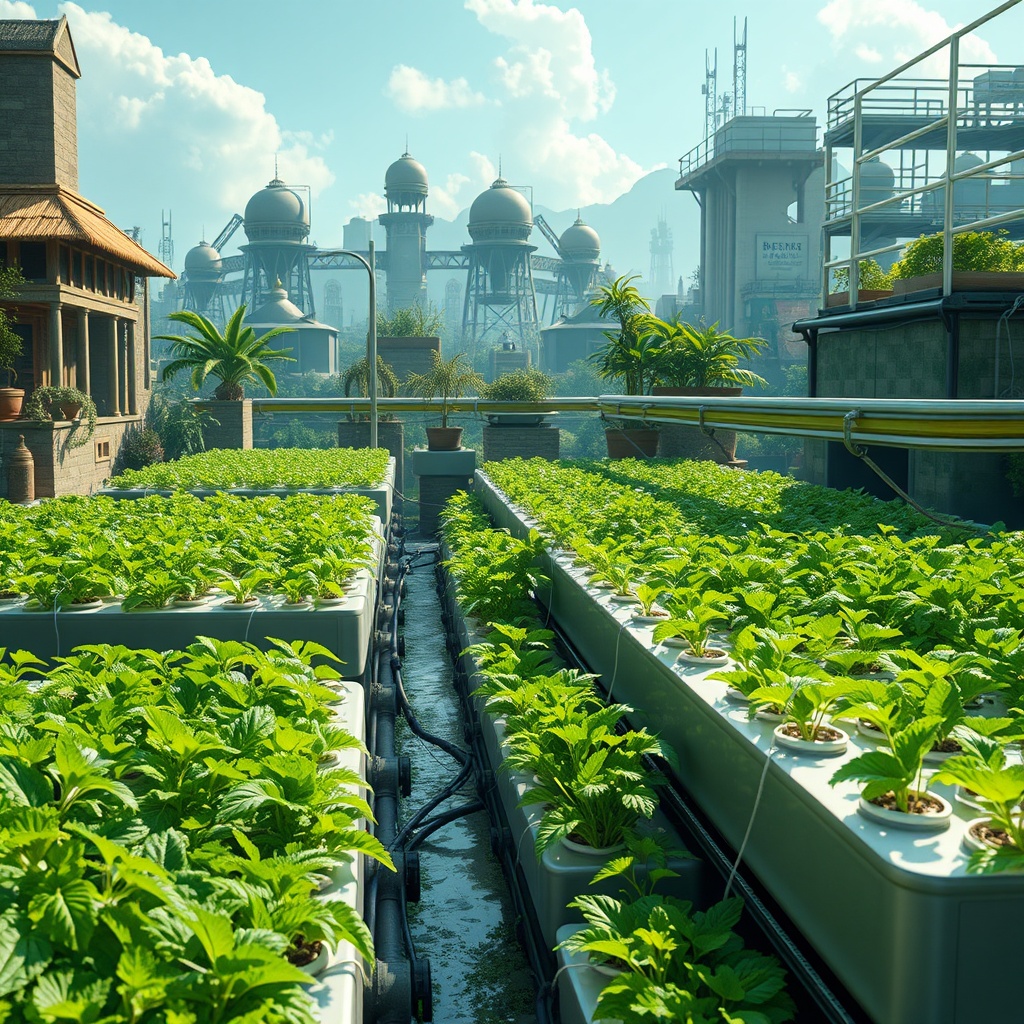Understanding Hydroponics: A Soilless Revolution
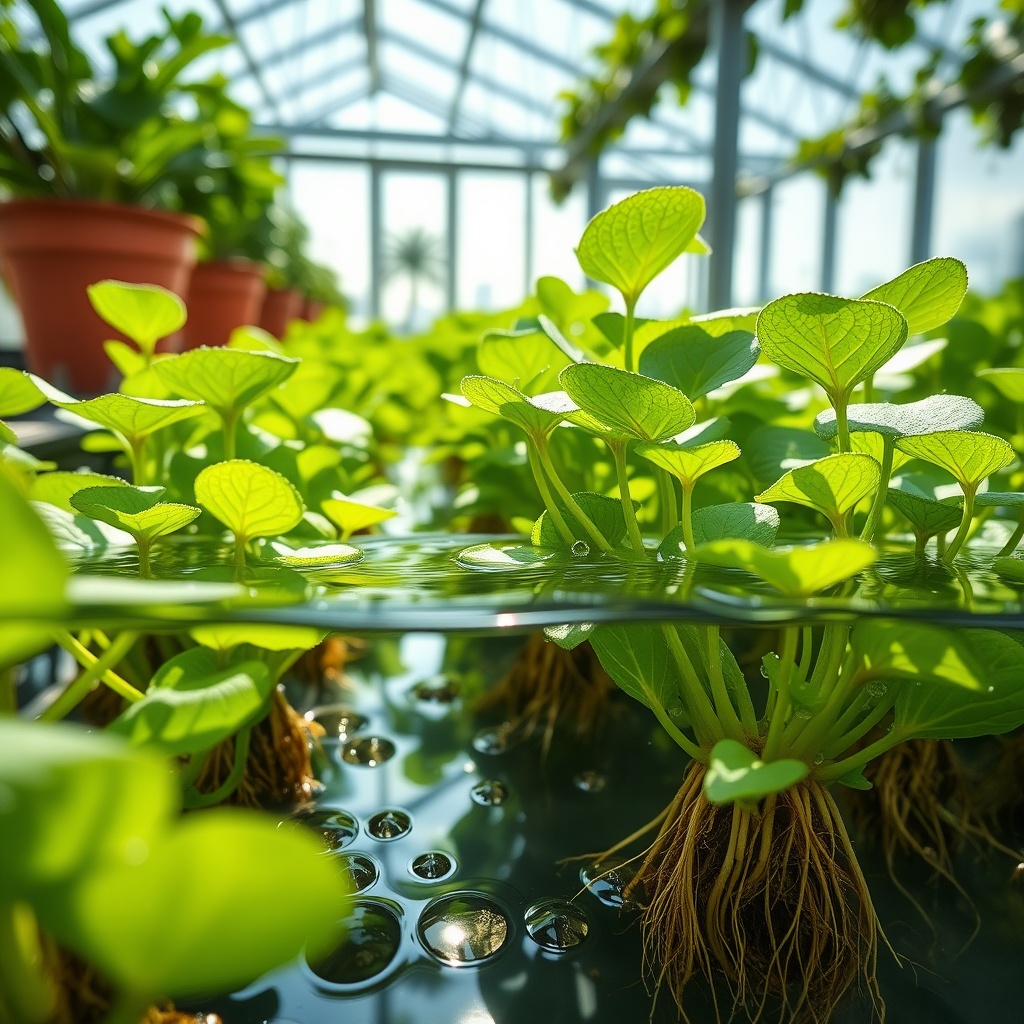
Hydroponics is transforming the way we grow food, offering an innovative solution to traditional agriculture. By growing plants in nutrient-rich water, this method allows for greater control over the growing environment. However, the success of hydroponics hinges significantly on one critical factor: the quality of the water used. Clean water is not just beneficial; it is essential.
The Ripple Effect of Water Purity on Plant Health
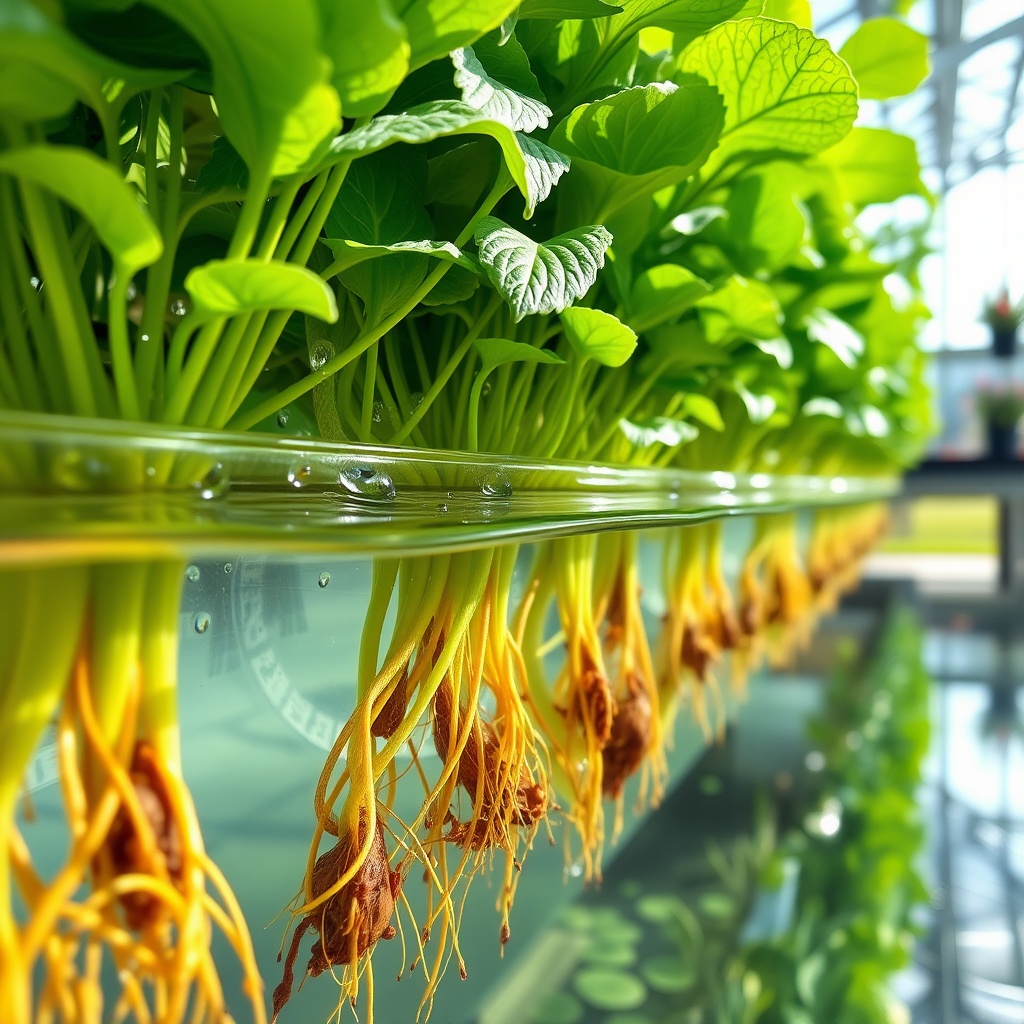
Clean water serves as the foundation for thriving hydroponics systems. Contaminants in water can lead to a range of issues, from nutrient lockout to the spread of pathogens that can devastate crops. Let’s delve into how the purity of water directly impacts plant health and yield.
- Nutrient Absorption: Impurities can inhibit plants’ ability to absorb essential nutrients, leading to deficiencies and poor growth.
- Pathogen Prevention: Clean water minimizes the risk of algae and bacteria outbreaks, which can compromise the health of your plants.
- pH Balance: Contaminated water can alter the pH level, affecting nutrient availability and overall plant health.
Strategies for Ensuring Clean Water
Given the paramount importance of clean water in hydroponics, what strategies can growers implement to ensure water quality? Here are some effective practices:
- Regular Testing: Frequent testing of water for pH, EC (Electrical Conductivity), and contaminants can help maintain optimal conditions.
- Filtration Systems: Investing in water filtration systems can significantly reduce impurities, ensuring that the water remains clean and safe for plants.
- Source Awareness: Knowing the source of your water—whether it’s municipal, well, or rainwater—can help you identify potential contaminants and take necessary precautions.

